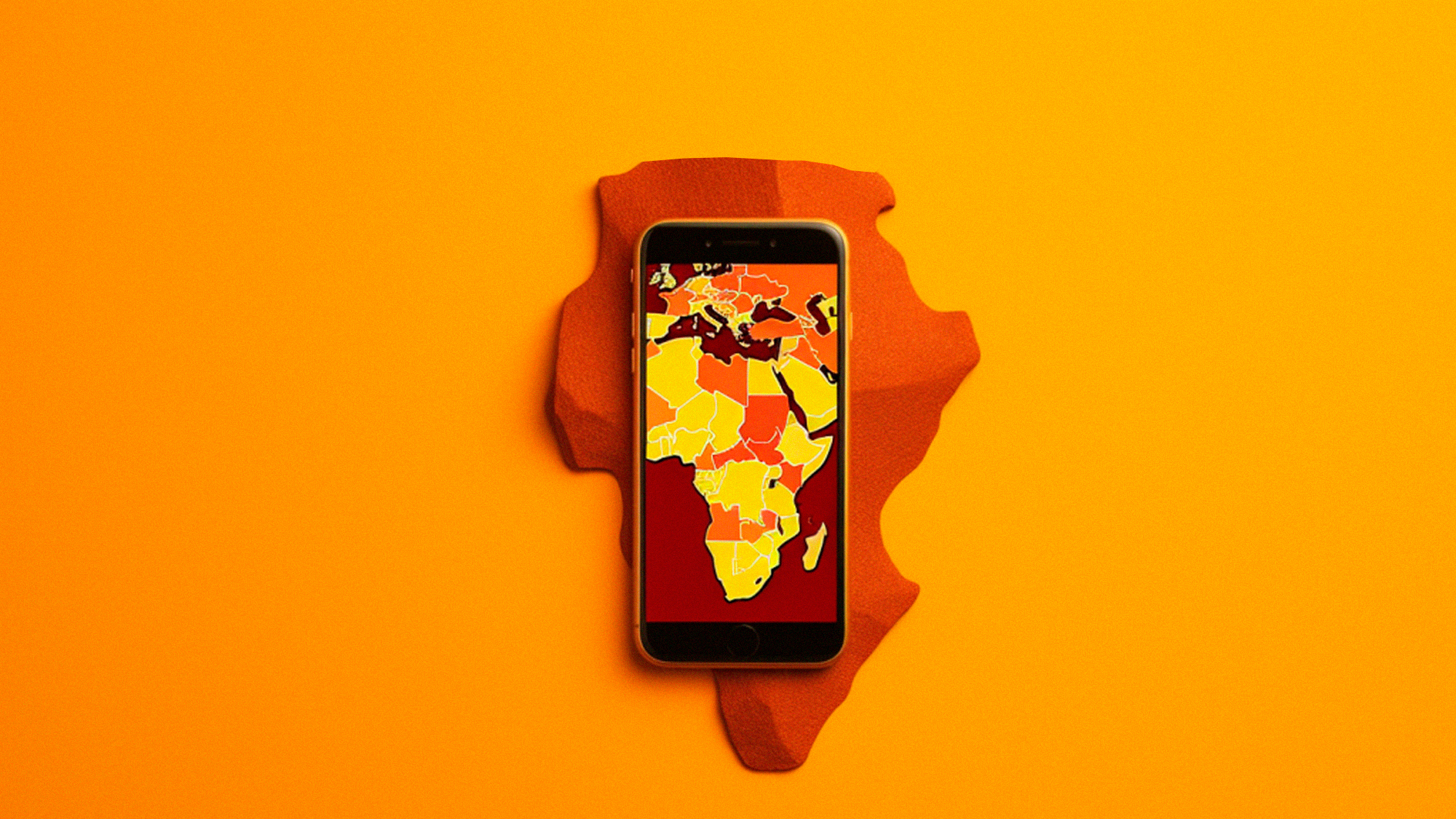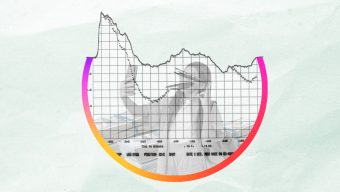The media industry is going through a phase of definitive transition. The growth of digital technology and its impact on communication channels, as well as the rise of new media platforms, is transforming the way people consume information and news. With social media platforms like Facebook, Twitter, and Instagram, people now have easy access to real-time updates and personalized content, and can follow their favorite news sources, journalists, and influencers, curating their news feeds to match their interests and preferences. This has led to a decline in traditional newspaper circulation and a rise in online news consumption.
Unfortunately, the media industry in Africa has not kept up with the pace of change. Traditional modes of communication are still the norm on the continent, though they are losing dominance. As of 2022, there were 570 million internet users in Africa, with 498 million accessing the internet via mobile devices, according to the Internet Usage in Africa report. Africans largely use their mobile phones to go online and this, coupled with the rise of social media platforms and online news portals has created a new era of information dissemination.
It is therefore essential that Africa develop a new generation of media professionals who are skilled, knowledgeable, and equipped to not only navigate but succeed in this new landscape. This is the only way that African media will remain relevant and effective in its role as a watchdog, agenda-setter, and information provider.
There is work to be done. At present, many media organizations in Africa are staffed by individuals who lack the necessary training, knowledge, and expertise to navigate such a complex and rapidly changing media landscape. This has resulted in a proliferation of unprofessional and unethical media practices, including fake news, biased reporting, and sensationalist headlines.
In many African countries, elections are crucial moments of political tension and public interest. During the political cycle, untrained (or even citizen) journalists or social media professionals may lack the skills needed to adequately verify information before publishing or sharing it. This can lead to the dissemination of false or misleading information – fabricated stories, doctored images, and manipulated videos – that can influence public opinion, increase polarization, undermine the integrity of the electoral process, and erode trust in the media.
Training and upskilling is critical for the development of Africa’s next generation of media professionals. There are several initiatives already underway and showing promise in the region. For example, the African Media Initiative has launched a number of training programs aimed at improving the skills of media professionals across the continent. These programs include the African News Innovation Challenge, which provides funding and support for innovative media projects, and the African Story Challenge, which supports the production of high-quality, data-driven stories on key development issues.
Similarly, the Media Development Investment Fund (MDIF) has been working to support the growth and development of independent media organizations in Africa through a range of training and capacity-building programs. These initiatives focus on providing practical training in areas such as business management, digital technology, and journalistic ethics. Furthermore, our initiative AMA Academy has trained more than 350 journalists from 35 African countries and the Finance Journalism Program focuses specifically on the quality and depth of financial reporting in Africa. The program aims to bridge the gap in financial literacy and understanding, and enable journalists to provide accurate, in-depth, and insightful coverage of economic and financial matters.
The impact of a strengthened African media landscape will extend well beyond the continent.
There are many examples of African media organizations and professionals who are leading the way in adapting to the new realities of the industry. One such example is Quartz Africa, a digital news platform that has gained a reputation for its innovative use of digital technology and data-driven reporting. The platform’s success is a testament to the importance of embracing digital technology and data in the media industry, and the need for media professionals who are equipped with the necessary skills and expertise to make the most of these tools.
Another example is the Nigerian news website, TheCable.ng, which has established itself as a leading source of independent news and analysis in the country. The website’s success is built on a commitment to high-quality journalism, ethical reporting, and a deep understanding of the changing needs and preferences of media consumers.
The Continent newspaper has carved out a unique positioning in the African media landscape by harnessing the power of digital channels, particularly WhatsApp and other social messaging platforms. Designed specifically to be read and shared on these platforms, The Continent has emerged as Africa’s most widely distributed newspaper, successfully tapping into the digital habits of its audience. By leveraging digital channels, The Continent has overcome the traditional limitations of print circulation and distribution, reaching a significantly larger and more diverse readership across Africa.
These are the success stories, the African media organizations and professionals who are leading the way in embracing change and adapting to the new realities of the industry. It is important to continue with this momentum and invest more in the development of a new generation of African media. This requires a focus on training, upskilling, and providing relevant tools and resources for media professionals across the continent.
A well-trained media workforce in Africa will inform, educate, and empower citizens, promoting good governance, transparency, and social cohesion. Additionally, it will drive economic development by showcasing the continent’s diverse cultures and opportunities, attracting investments, promoting tourism, and boosting entrepreneurship. Moreover, the impact of a strengthened African media landscape will extend well beyond the continent, contributing diverse perspectives and enriching global journalism at large, challenging stereotypes, and fostering cross-cultural understanding. By empowering African media professionals, we unlock the transformative potential of the African media industry, creating a positive ripple effect that extends locally and globally.
© IE Insights.








